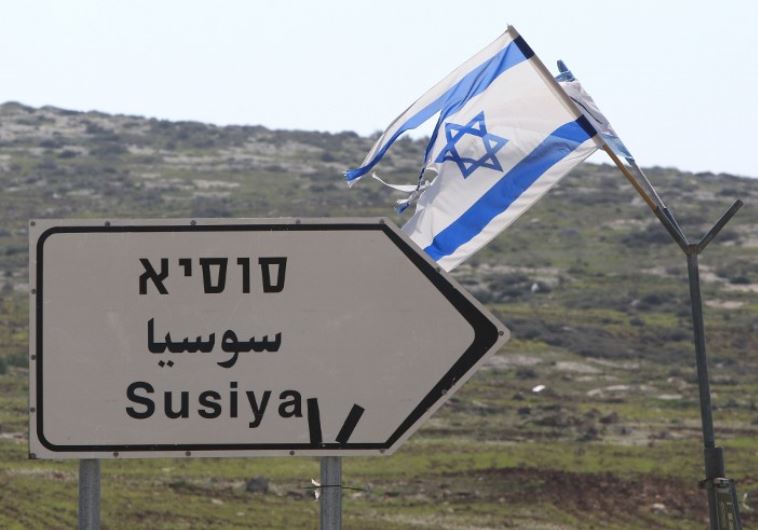Arabic's future as an official language in Israel at risk, legislators warn
Arab Mks say that should a bill proposing to eliminate Arabic's official status in the country pass, it will be a "nakba of our language."
 A road sign in English, Hebrew, and Arabic points to the Israeli settlement of Susiya(photo credit: AFP PHOTO)
A road sign in English, Hebrew, and Arabic points to the Israeli settlement of Susiya(photo credit: AFP PHOTO)